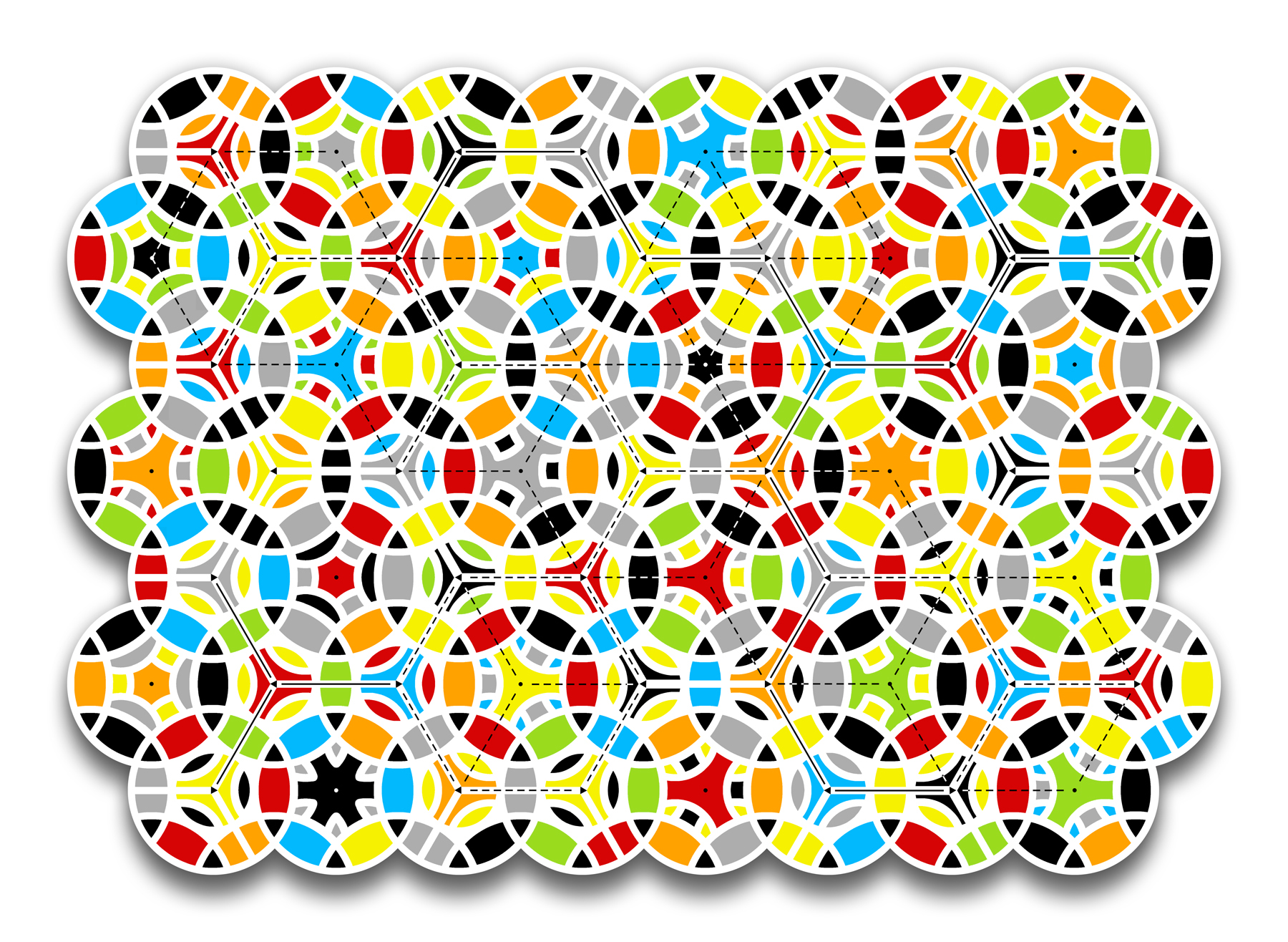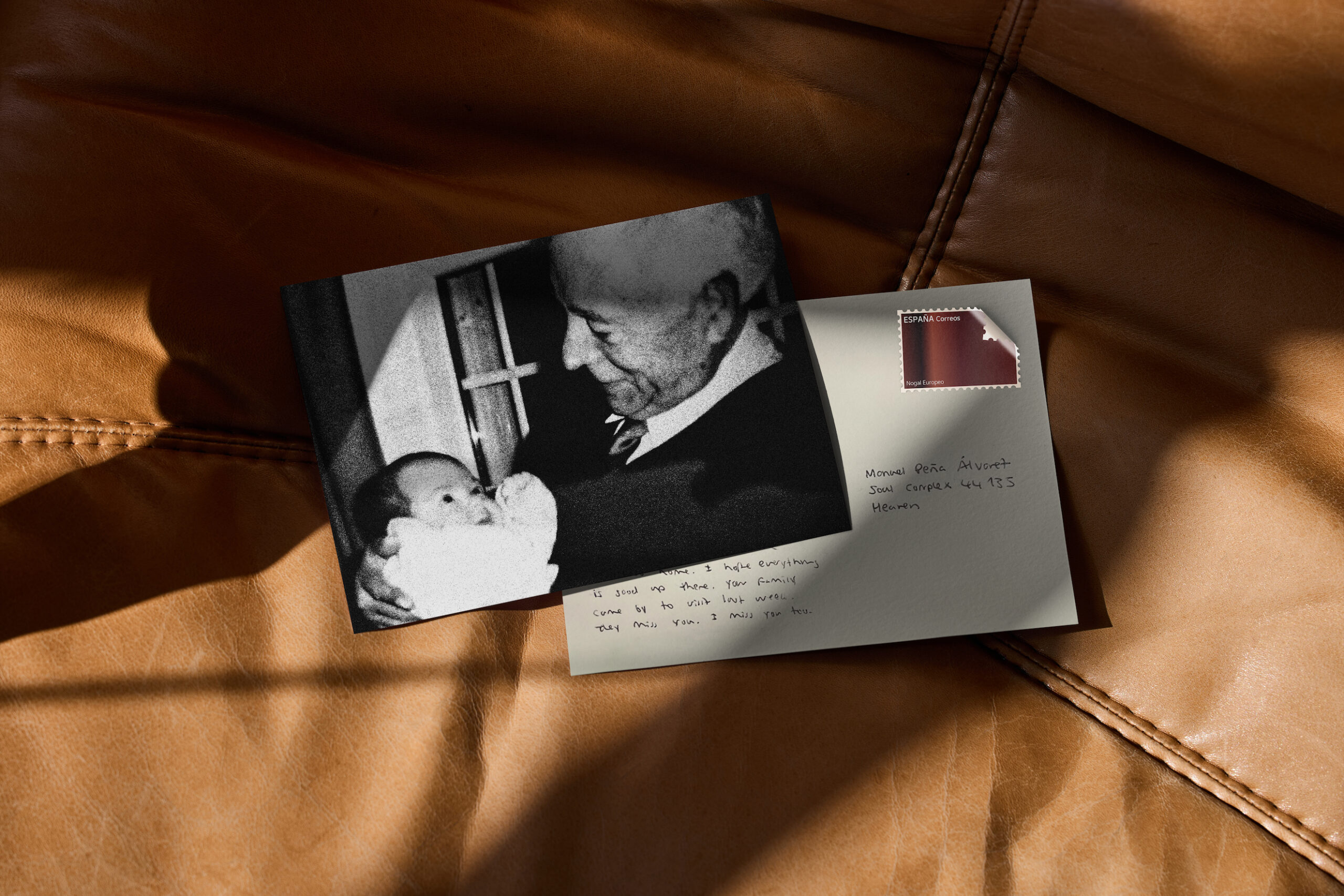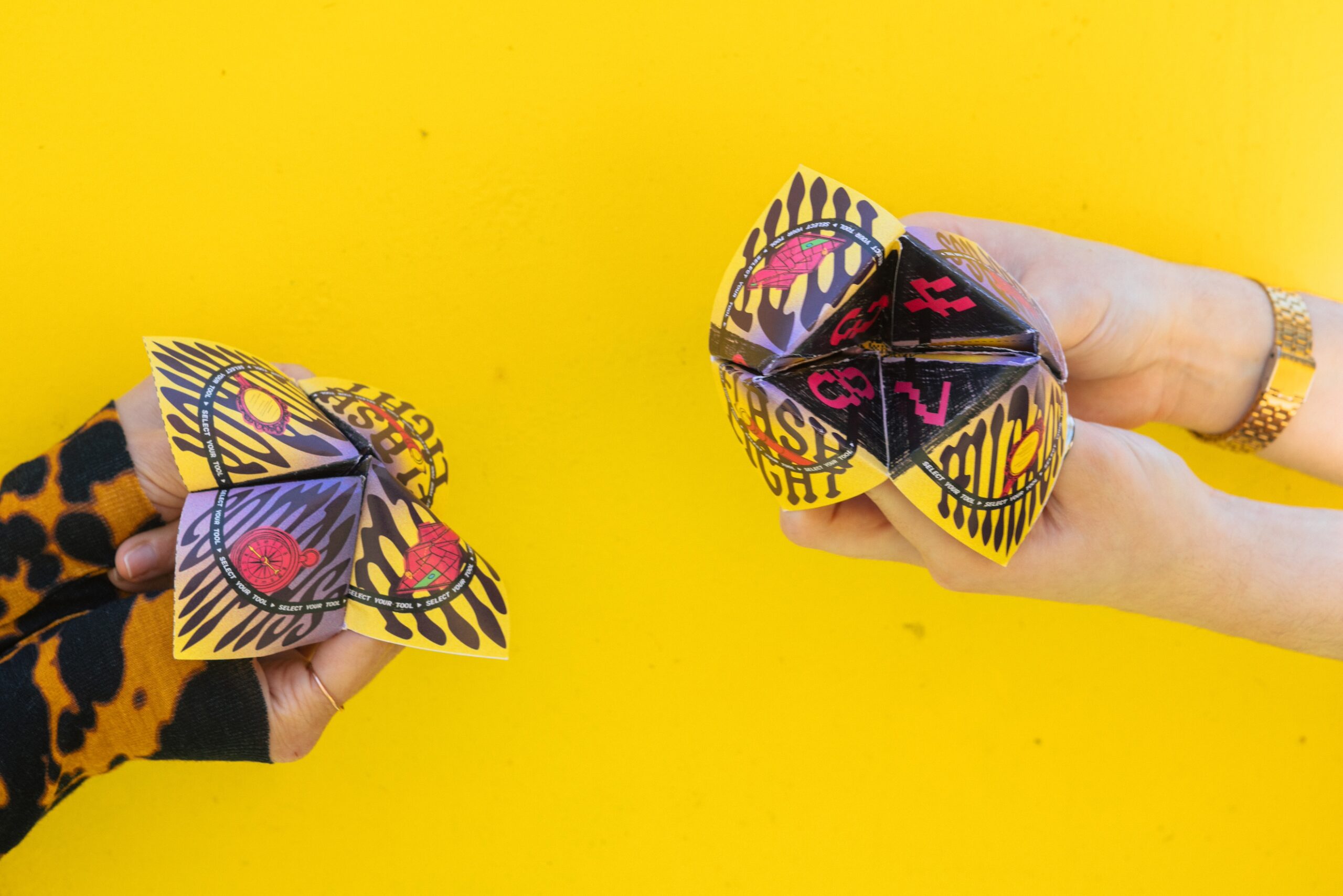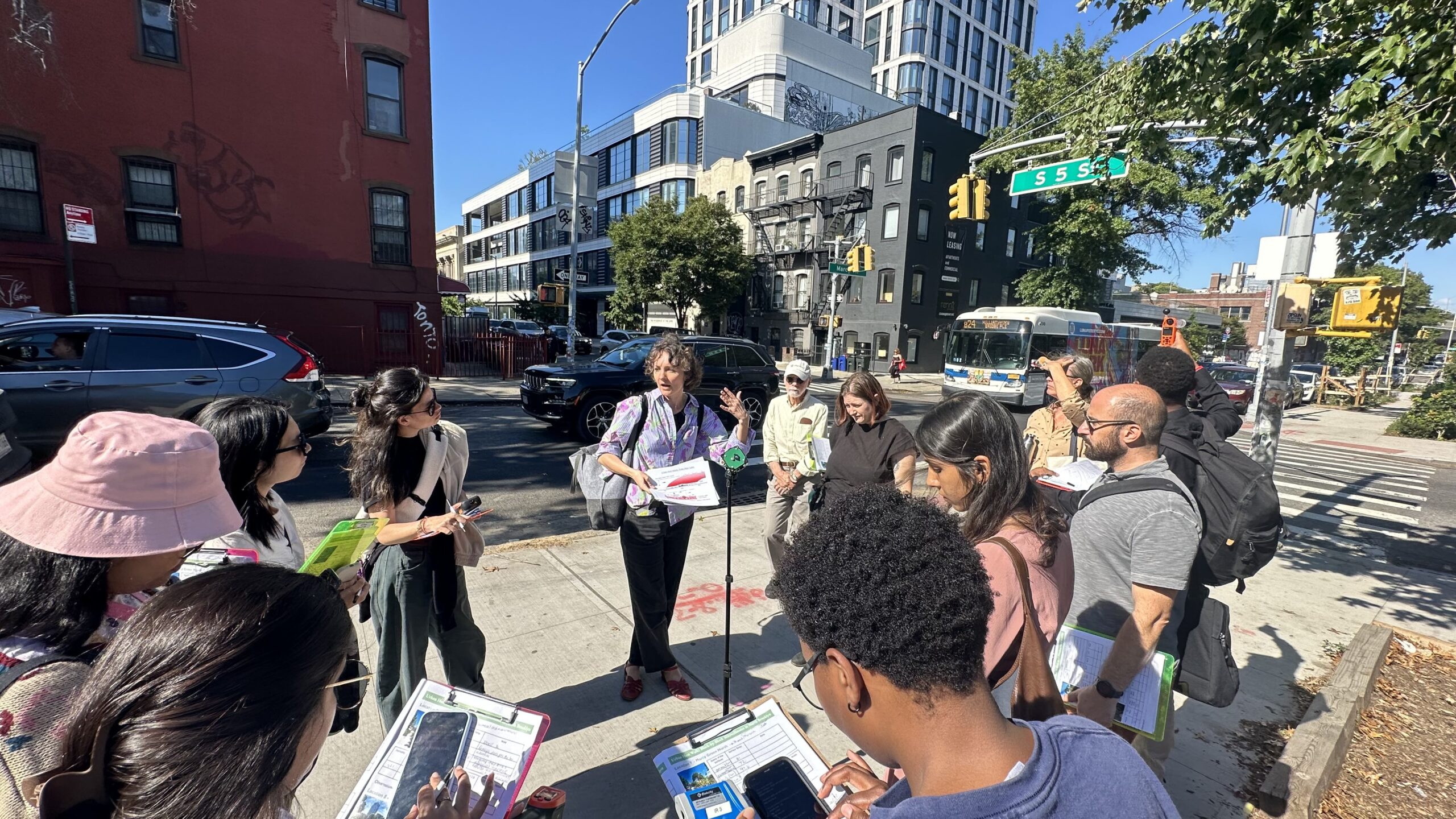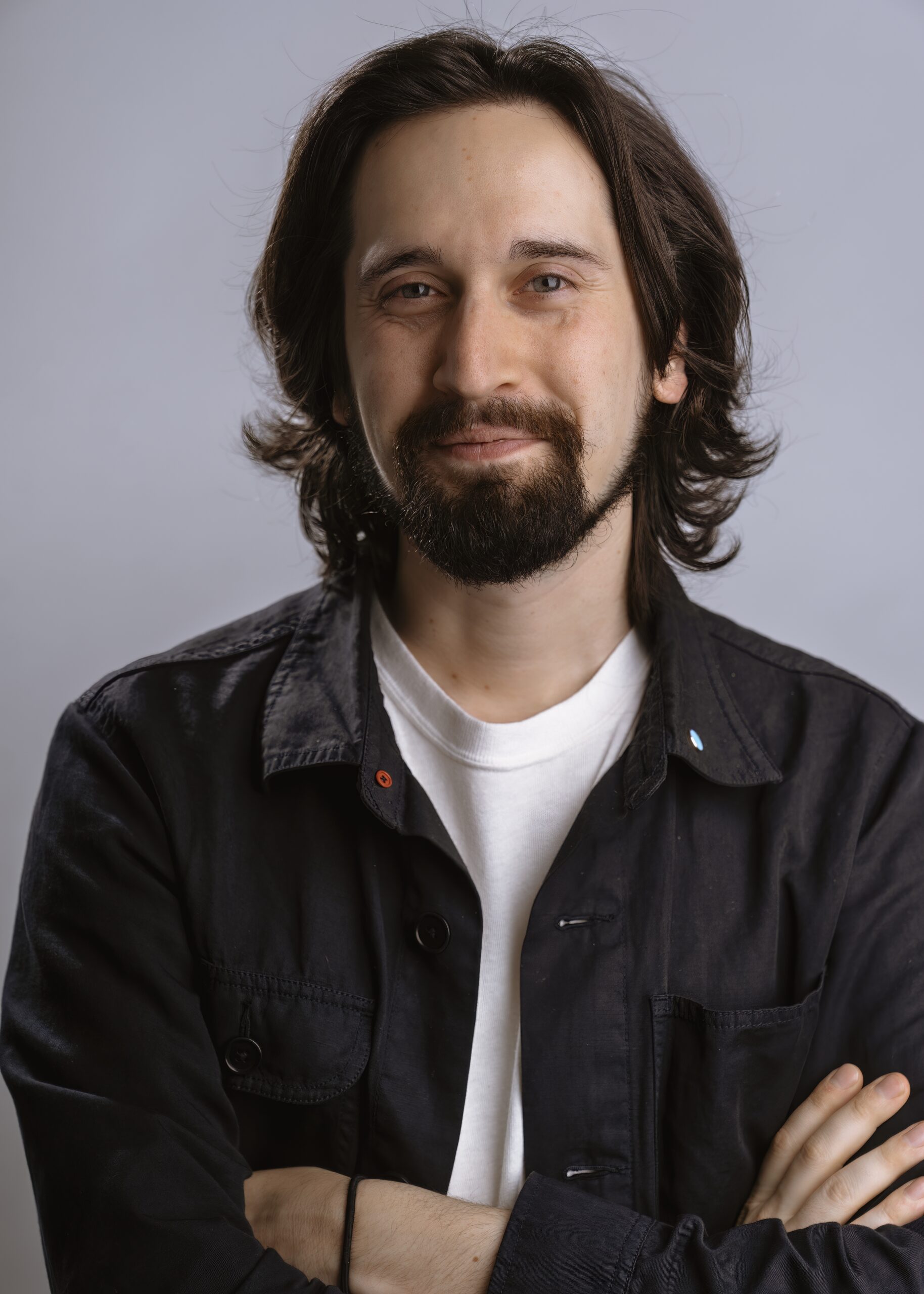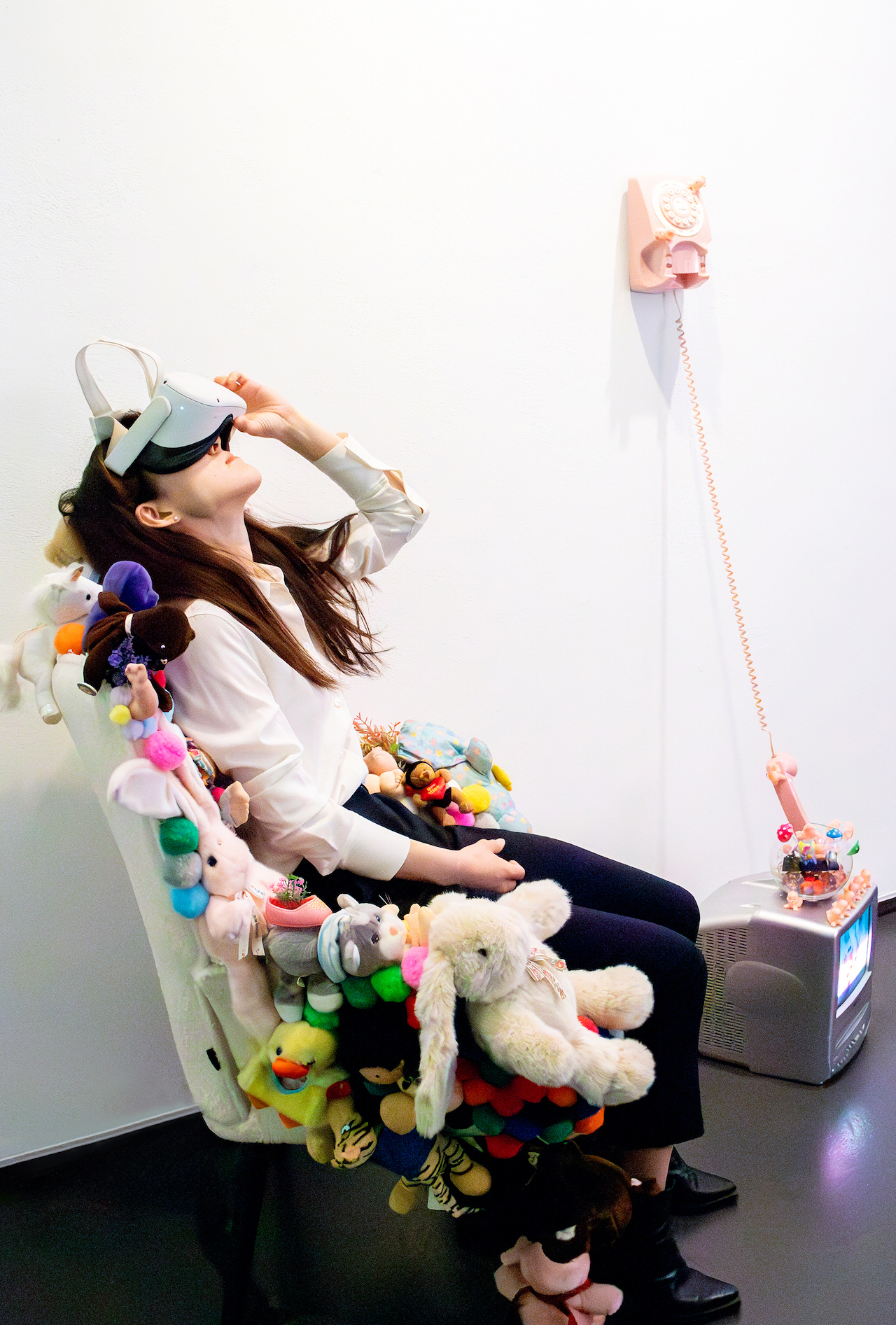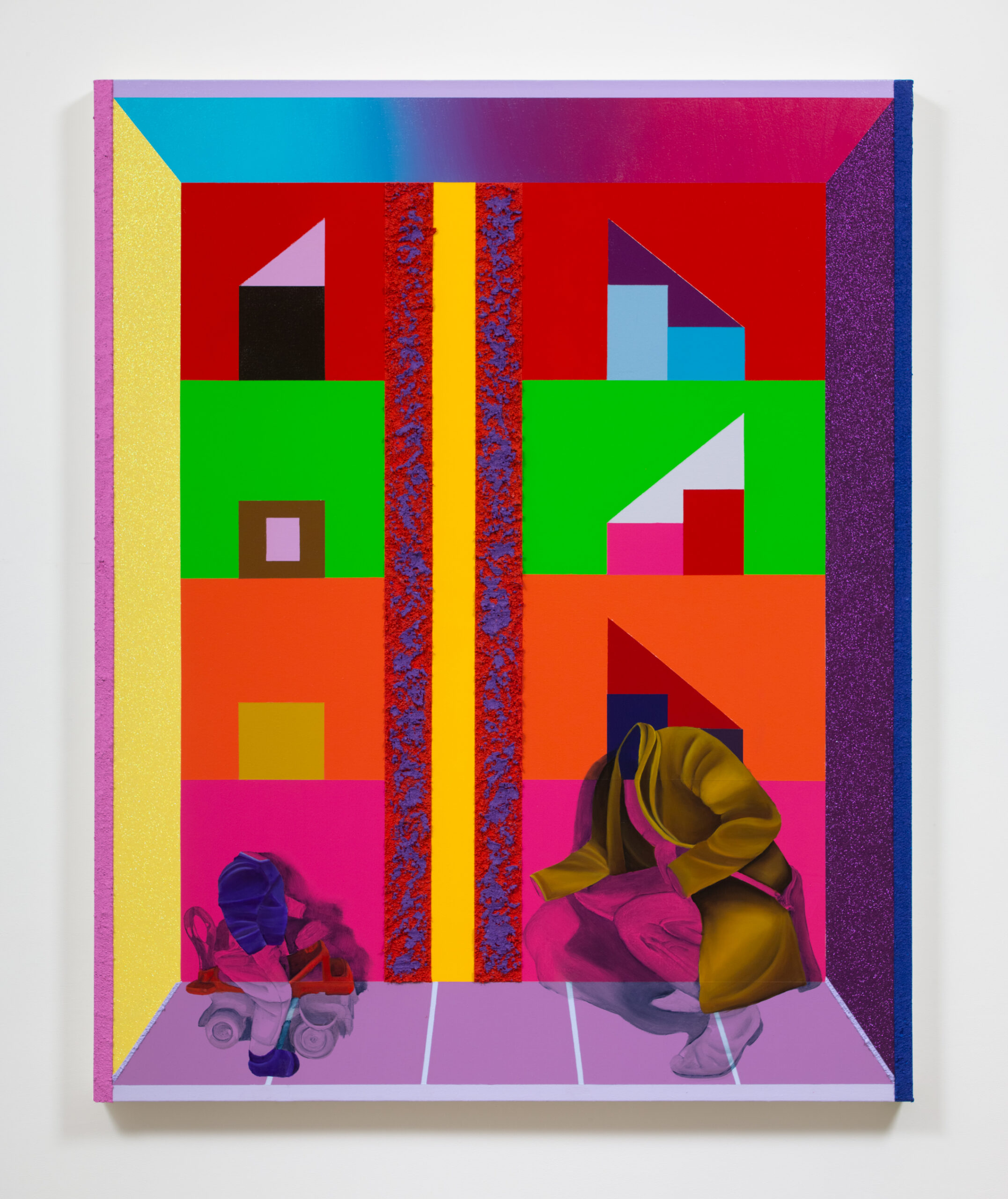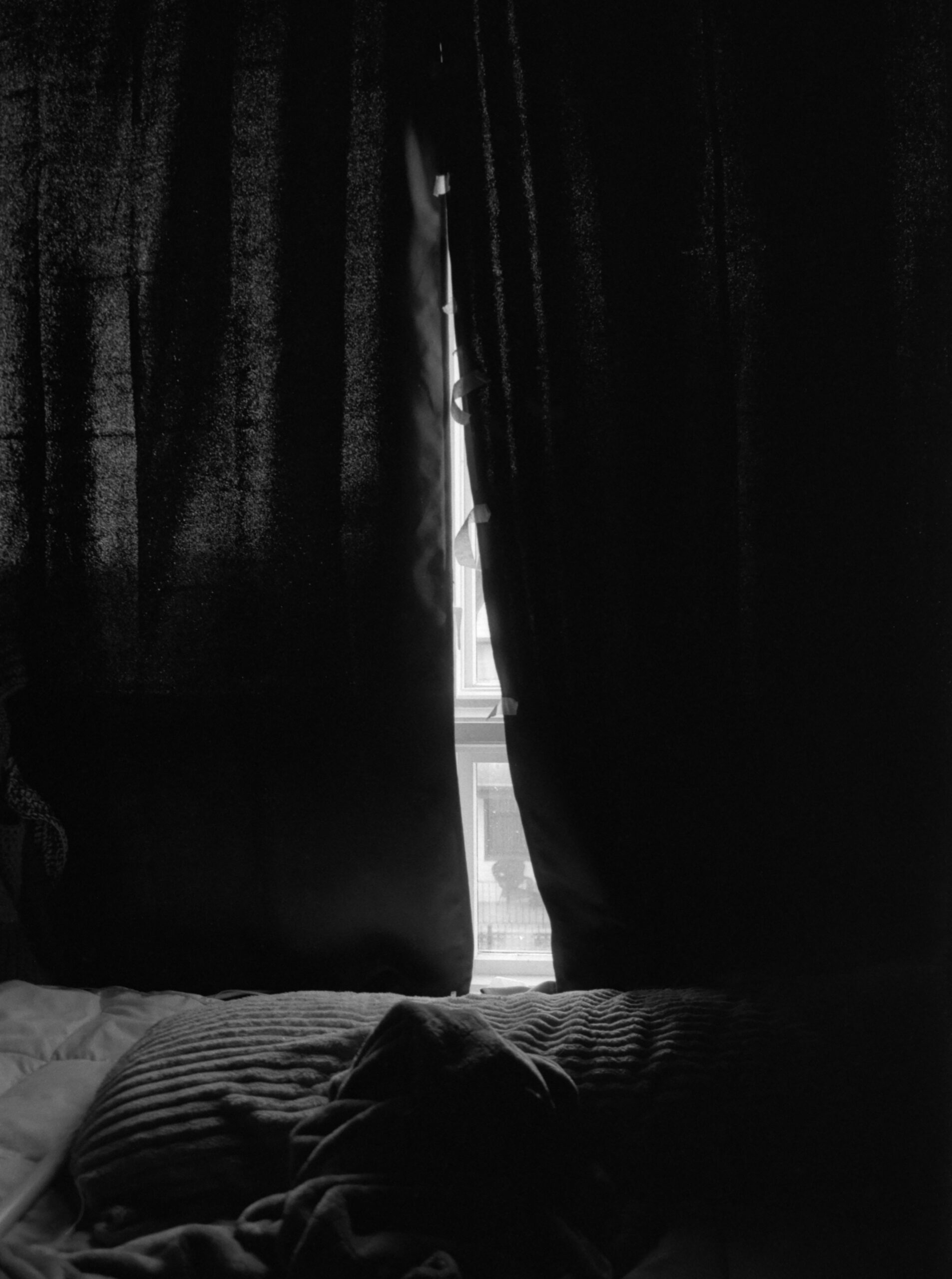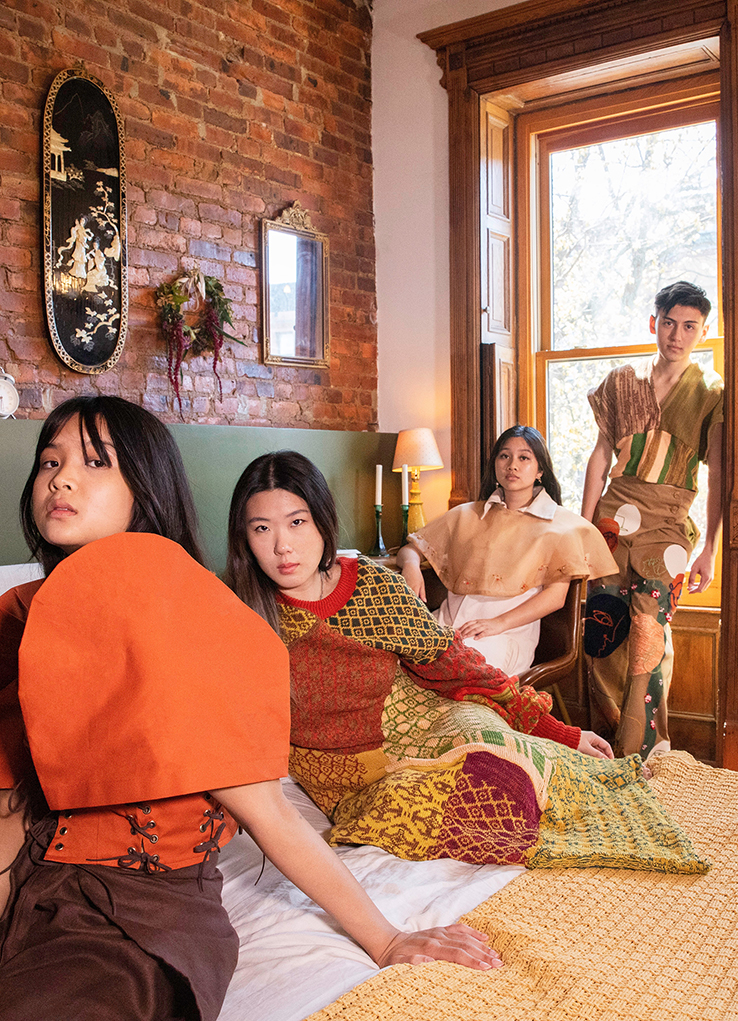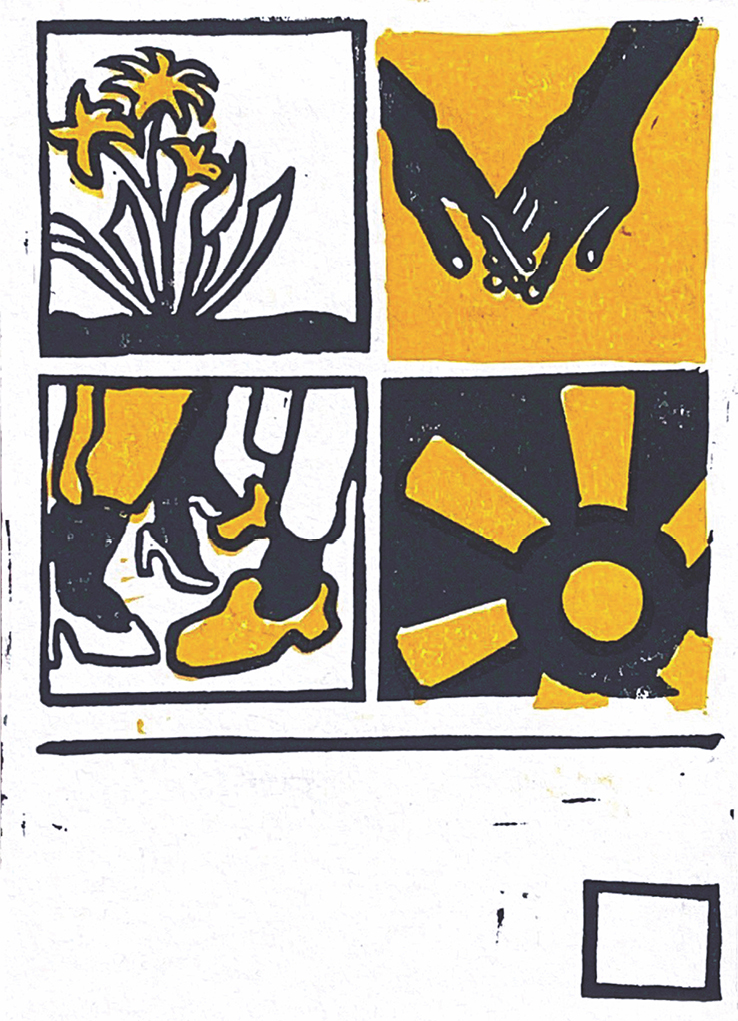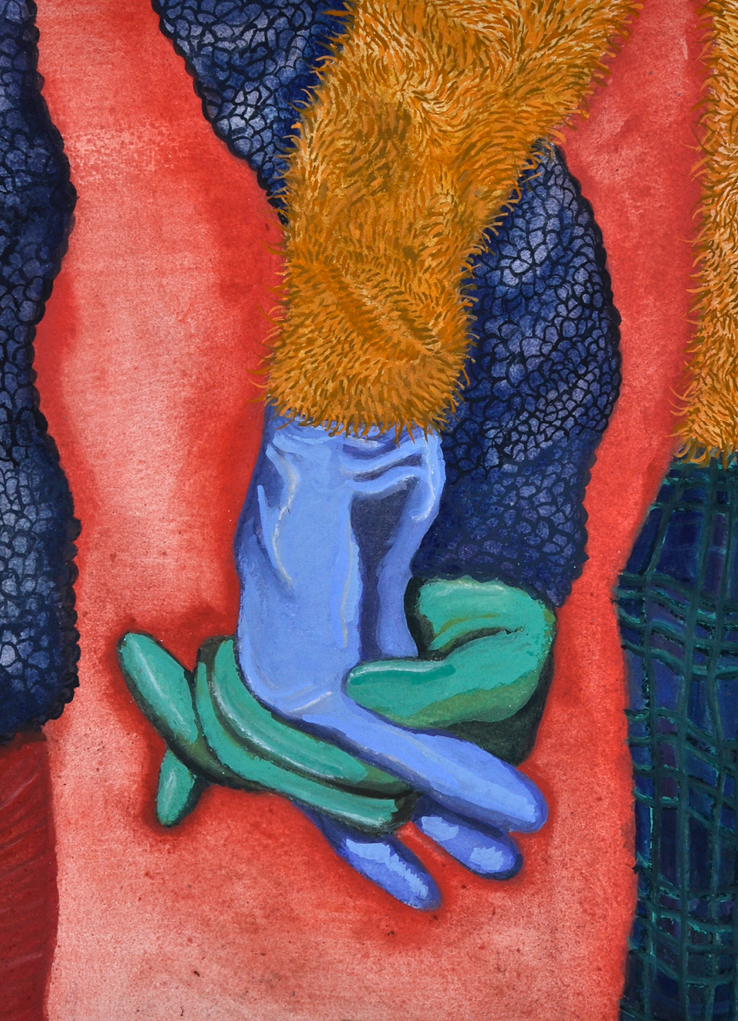Pivot Points
Moments of uncertainty, change, and transformation—“that’s when your gifts come in as a creative.”
Change Your Gaze
An MFA Communications Design class explores new ways of thinking and making, finding collaborators in the natural world.
Where Laughing Matters
For students across majors, this Pratt stand-up comedy class delivers more than punchlines.

“Our Generation Understands You Have to Be Flexible”
The alumni filmmaking duo behind Ozu Was Right channels the indie ethos of their production company’s namesake.
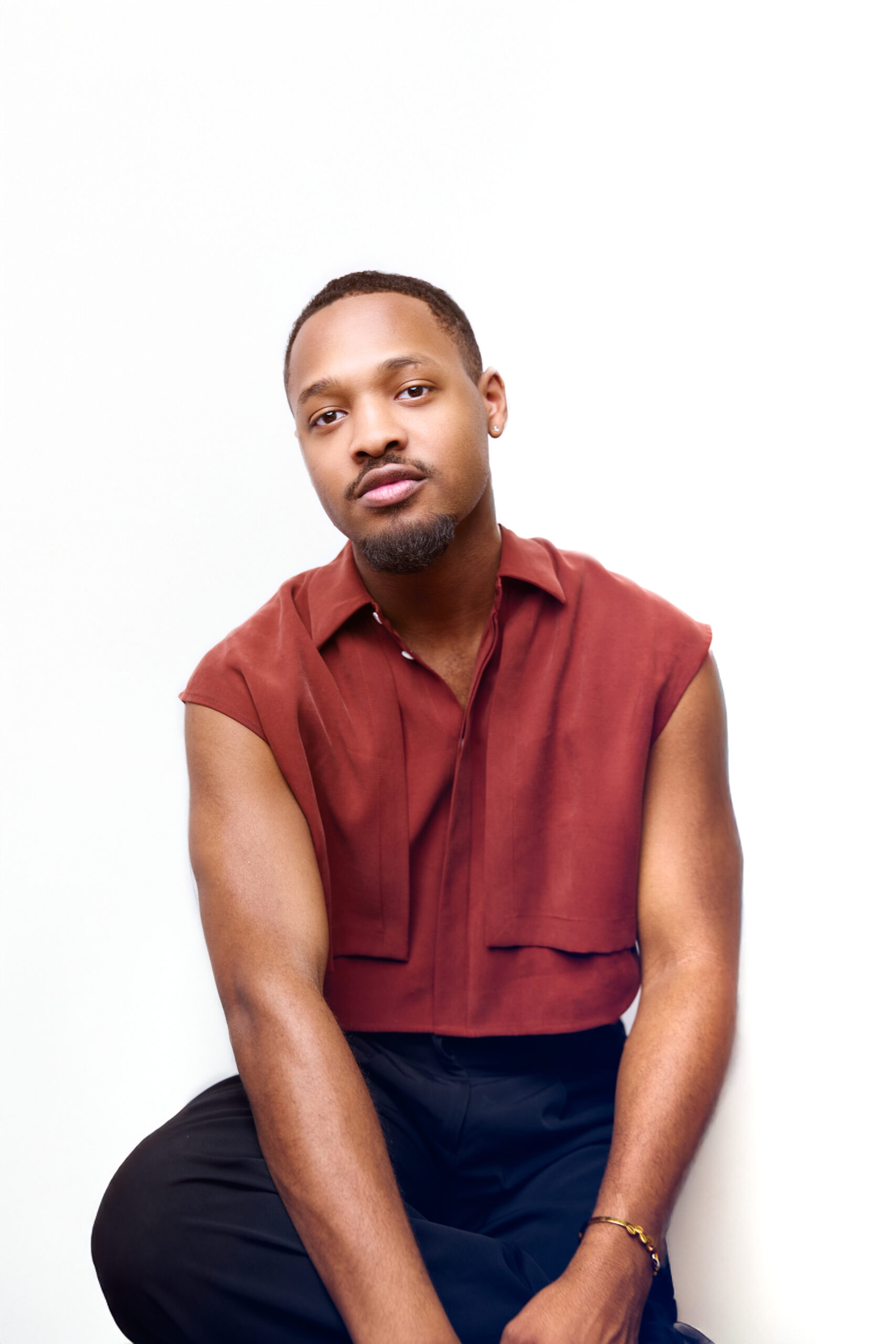
What’s Giving Director-Cinematographer Mylo Butler ’21 Creative Fuel
Director and cinematographer Mylo Butler, BFA Film ’21, fuses runway, nightlife, and narrative film in his vibrant body of work.
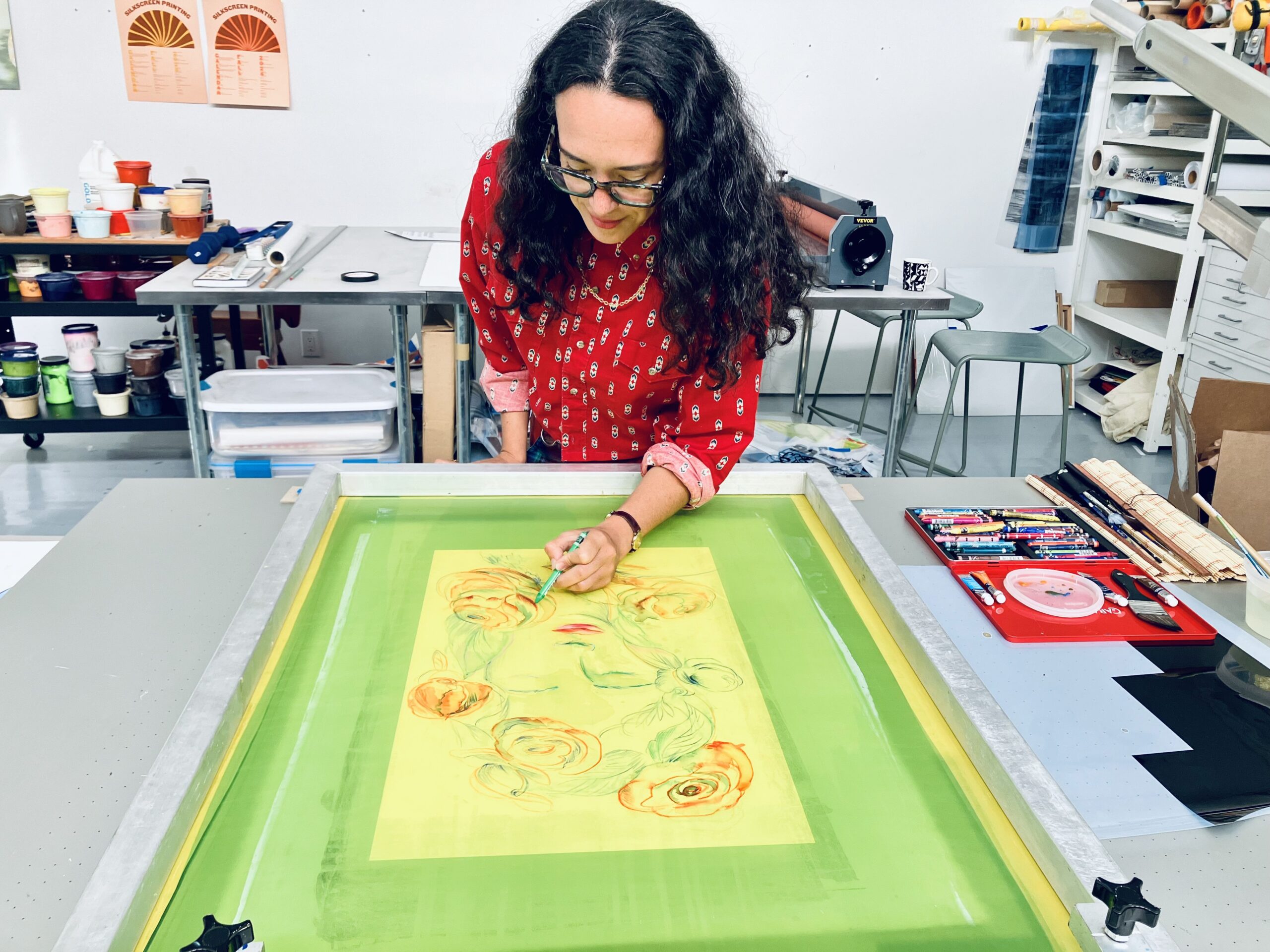
Alumni Notes Spring 2025
Alumni Notes is Pratt alumni news highlights compiled from class notes submissions, newsletters, items shared by faculty and staff, and media mentions.
More Stories
-
![Two hands holding folded-paper fortune tellers against a bright yellow background]()
Change Your Mind
You’re faced with a blank page, a problem, a roadblock—and the way to move through it seems murky, uninspiring, maybe impossible. How do you get unstuck? -
![Dzuyban guides a crowd outside in an urban setting on a sunny day]()
Mapping Microclimates
Pratt professor Yuliya Dzyuban is researching heat with communities in the world's hottest cities. -
![]()
Films, Decor, and More from Pratt Alumni
Pratt graduates’ new and noteworthy products and publications include wallpaper, home goods, and a history of the skateboard. -
![A headshot of Aaron Nesser against a light gray background. He is smiling at the camera with arms folded, wearing a white T-shirt under an open button-down.]()
Design for the World
A career Q&A with designer and entrepreneur Aaron Nesser, MID ’17, who helps build products and companies with Earth in mind. -
![]()
Pratt’s Telephone Connection
A new book explores the role of the telephone in industrial design’s growth as a discipline and Pratt’s links to that story.
